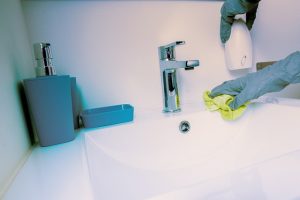Clogged drains, a common household issue, disrupt daily life. Understanding causes like hair, grease, and foreign objects is key. There are two types of clogs: partial & complete, requiring different cleaning methods. Prompt action, recognizing signs, and considering professional help prevent severe future drainage problems. Chemical cleaners offer quick fixes but pose health & environmental risks; natural remedies like baking soda and vinegar are safer alternatives for regular use. Severe blockages require professional services using specialized equipment. Regular maintenance, avoiding hazardous substances, and using hot water & drain covers prevent clogs.
Are you tired of dealing with stubborn, clogged drains? Understanding the ins and outs of drain cleaning is essential for every homeowner. This comprehensive guide covers everything from identifying common causes and signs of clogs to exploring various cleaning methods, both natural and chemical. Learn the pros and cons of store-bought cleaners and when it’s time to call in the professionals. Discover preventive measures to keep your drains flowing freely and avoid costly clogs.
Understanding Clogged Drains: Common Causes and Types
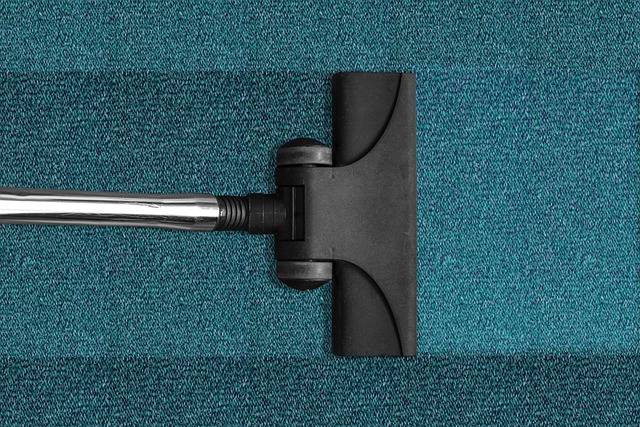
Clogged drains are a common household issue that can disrupt daily routines and cause significant inconvenience. Understanding the root causes and types of clogs is an essential first step in effective drain cleaning. Several factors contribute to drain obstructions, including hair, grease, soap scum, and foreign objects. These substances often build up over time, forming a stubborn barrier that impedes water flow.
There are two primary types of clogged drains: partial and complete blockages. Partial clogs result in slow drainage while complete blockages stop the flow altogether. Identifying the type of clog is crucial as it determines the appropriate cleaning method. For instance, chemical drain cleaners might be effective for partial obstructions, whereas more severe cases may require manual removal or professional intervention to restore proper drainage.
Identifying the Signs of a Clogged Drain
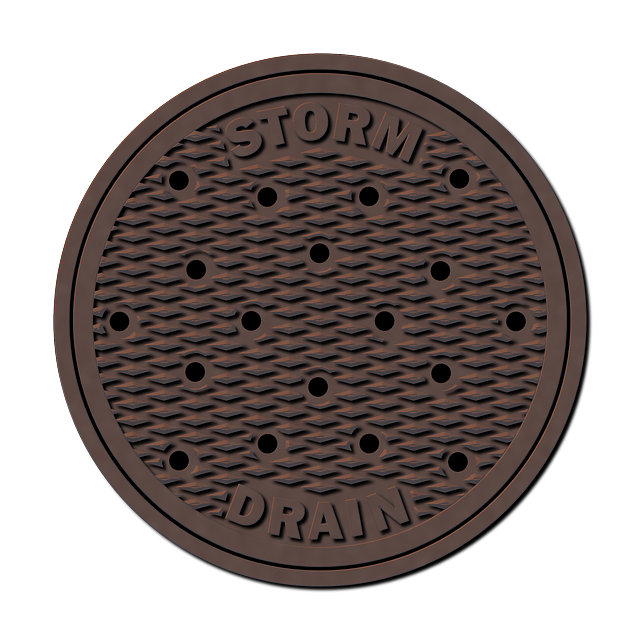
Many people overlook the signs of a clogged drain until it’s too late, leading to inconvenient and often costly drain cleaning issues. The first step in effective drain maintenance is recognizing when your drains need attention. One of the most obvious signs is a slow drainage speed—if water takes an unusually long time to flow down the sink or bathtub, there might be a clog. Another telltale sign is the presence of odours coming from your drains; this could indicate a buildup of decaying matter caused by a blockage.
Additionally, sudden gurgling sounds or pooling water around the drain after running hot water can signal a partial or complete clog. If you notice any of these signs, it’s advisable to take immediate action and consider professional drain cleaning services to prevent further complications. Prompt intervention can save you from more severe drainage problems in the future.
Traditional Cleaning Methods for Homeowners
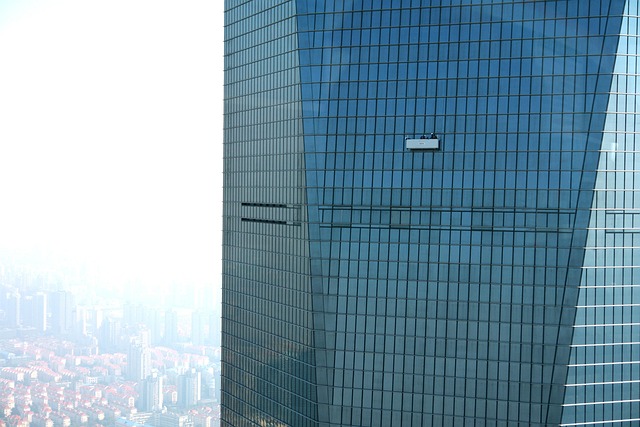
Many homeowners turn to traditional cleaning methods when dealing with clogged drains, often using chemical drain cleaners or a good old plunger. Chemical cleaners, while effective in clearing minor clogs, can be hazardous and damaging to pipes if used improperly. They release toxic fumes and harsh chemicals that can cause skin irritation and respiratory issues. On the other hand, a plunger is a simple yet powerful tool. By creating a seal and using up-and-down movements, it generates pressure that can dislodge hair, grease, and other common drain obstructions.
For more stubborn clogs, some people opt for baking soda and vinegar mixes or salt and hot water solutions, which are safer alternatives. These natural remedies rely on chemical reactions to dissolve fatty buildups and mineral deposits. However, for severely blocked drains that don’t respond to these methods, it’s best to call in a professional drain cleaning service to prevent further damage and ensure the job is done efficiently.
Chemical Drain Cleaners: Pros and Cons
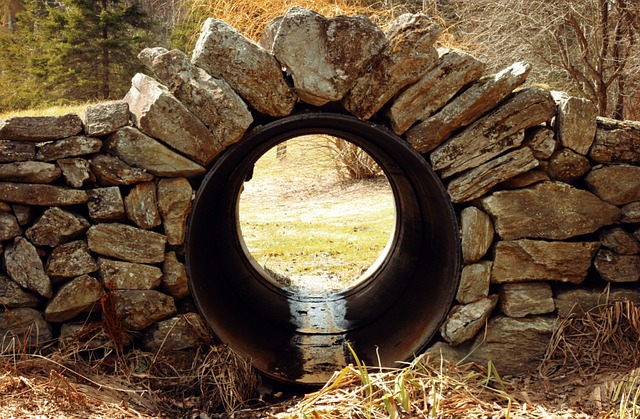
Chemical drain cleaners are a popular choice for homeowners attempting to unclog drains, but they come with their own set of advantages and disadvantages. Pros include their effectiveness in breaking down hair, grease, and other common clogging substances. These powerful chemicals can quickly clear stubborn clogs, saving time and effort compared to traditional methods. However, cons significantly outweigh the benefits when it comes to safety and environmental impact. Chemical drain cleaners can be hazardous if mishandled, causing skin irritation, eye damage, or even more severe health issues upon ingestion. Additionally, their toxic nature poses risks to aquatic life if poured down the drain without proper disposal methods. As such, while they may offer a quick fix, chemical cleaners are not sustainable or safe for regular use in drain cleaning routines.
Using Natural Remedies for Effective Drain Unclogging
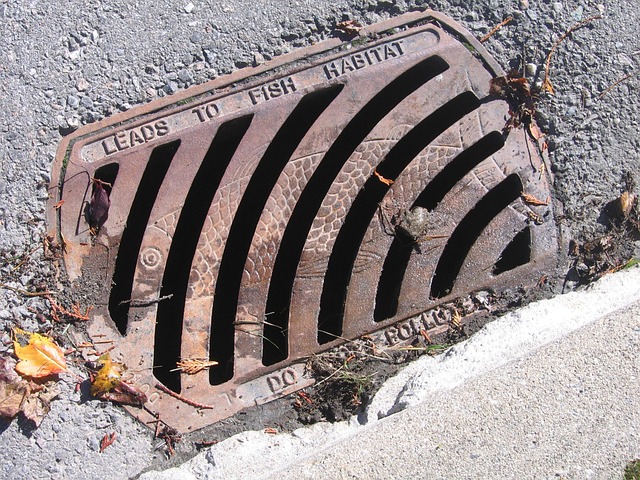
Many people turn to natural remedies as an eco-friendly and cost-effective alternative for drain cleaning. These methods often involve common household ingredients that can effectively unclog drains without harmful chemicals. Baking soda and vinegar, for instance, create a foaming reaction when mixed, which can dislodge and break up hair and other debris buildup in pipes. Another popular remedy is using boiling water, which can quickly dissolve grease and grime accumulations.
Additionally, natural enzymes found in products like lemon juice or apple cider vinegar can help break down organic clogs, while salt can act as an abrasive to scrub away stubborn residue. These simple, natural solutions offer a safe and sustainable approach to drain unclogging, providing an appealing option for those seeking to avoid harsh chemicals and maintain a greener lifestyle.
When to Call in Professional Drain Cleaning Services
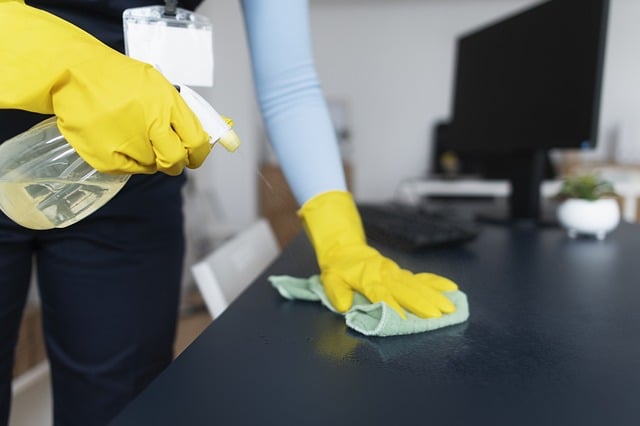
If you’ve tried home remedies and over-the-counter drain cleaners without success, it might be time to call in professional drain cleaning services. Persistent clogs could indicate a more severe issue, such as tree root infiltration, broken pipes, or a buildup of grease and hard water deposits that commercial equipment is better equipped to handle.
Regular maintenance can prevent many drain issues, but for deep-seated problems, professionals have the expertise and tools—including hydrojetting and drain cameras—to diagnose and clear clogs efficiently. Don’t let minor inconveniences turn into major disasters; if your drain cleaning problems persist despite DIY efforts, contact a professional to restore smooth water flow in your home or business.
Preventive Measures for Maintaining Clear Drains
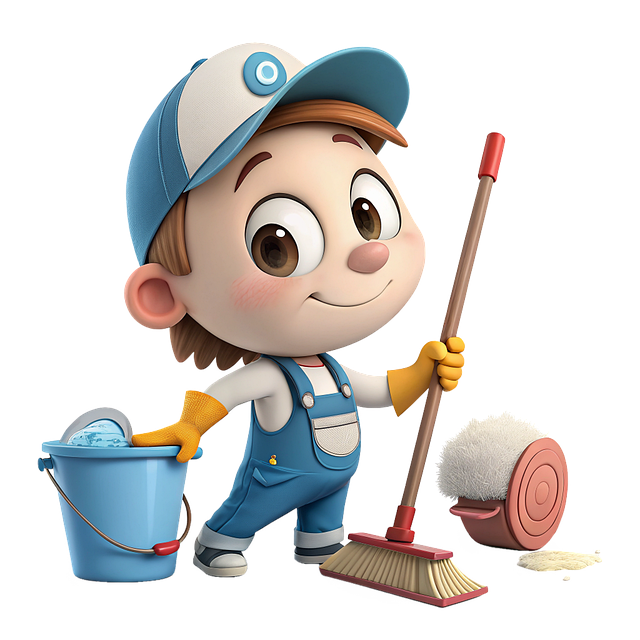
Regular maintenance is key to preventing clogged drains. Start by avoiding pouring grease, coffee grounds, or large food particles down the drain. These items solidify in pipes and can quickly cause clogs. Instead, use hot water regularly to flush out any built-up residue. Installing drain covers or catchers can also be effective, as they trap larger debris before it enters your plumbing system.
Additionally, using natural cleaning agents like baking soda and vinegar can help keep drains clear between professional cleanings. Pouring a mixture of these substances down your drain once a week can dislodge any accumulating gunk without harsh chemicals. Remember, preventive measures are always more effective (and less costly) than reactive solutions when it comes to drain cleaning.
